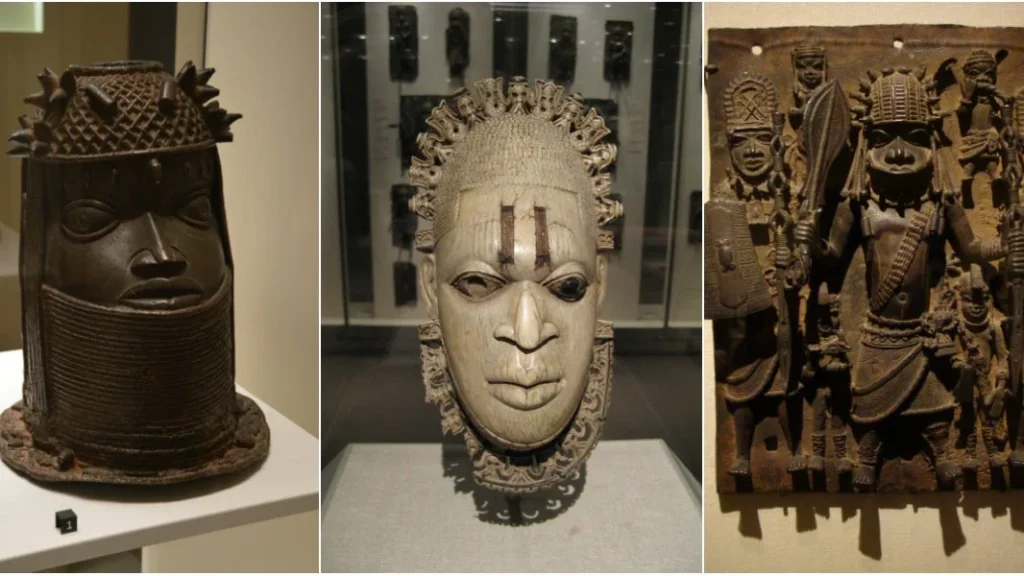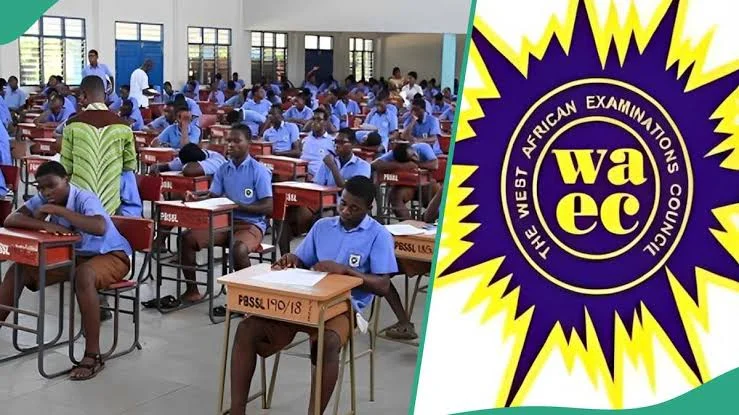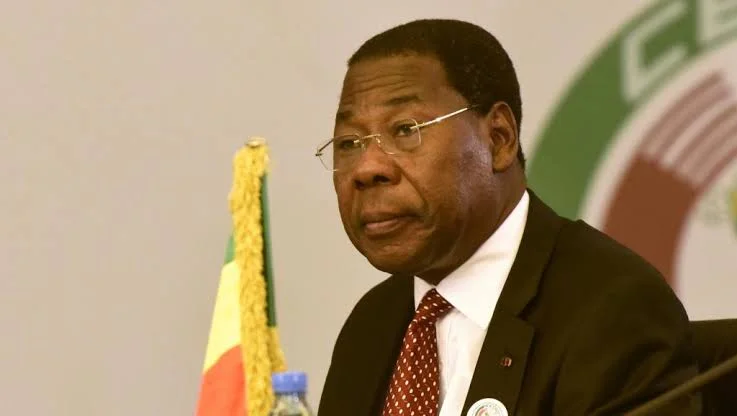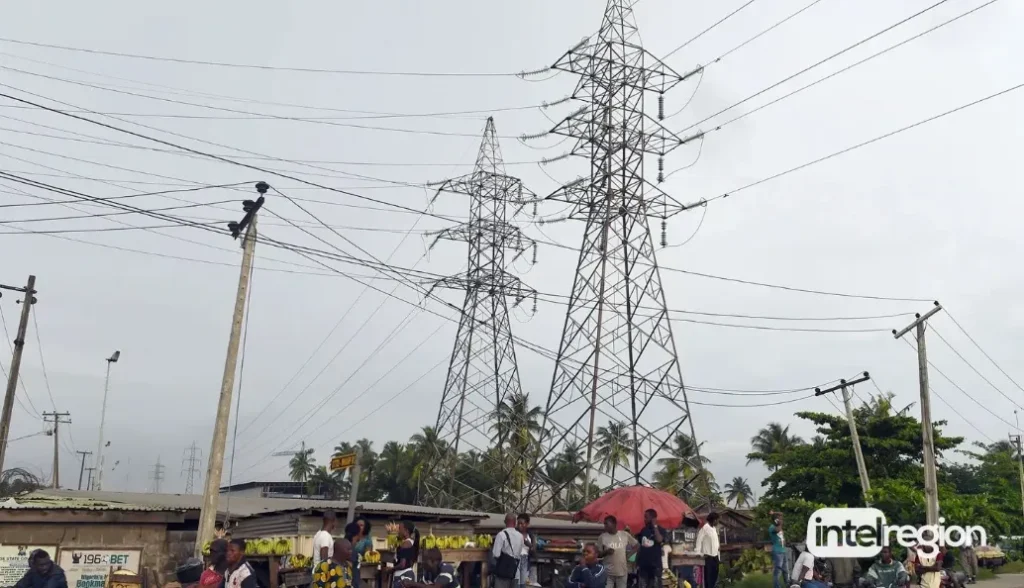Chika Okeke-Agulu, a prominent Igbo-Nigerian art historian and Princeton University professor, has called for the cancellation of a Christie’s auction scheduled for June 29, 2020, in Paris, which includes two sacred Igbo sculptures, known as alusi, looted during Nigeria’s devastating Biafran War (1967–1970).
Okeke-Agulu argues that selling these artifacts “perpetuates the violence” of the conflict, which claimed up to 3 million lives, mostly from starvation.
The Disputed Sculptures
The pair of life-size wooden alusi figures, one male and one female, represent Igbo deities and were central to communal shrines in southeastern Nigeria, including Okeke-Agulu’s hometown in Anambra State.
Listed as Lot 47 in Christie’s “Arts d’Afrique, d’Océanie et d’Amérique du Nord” sale, the sculptures carry an estimated price of €250,000–€350,000 ($283,000–$396,000).
Christie’s claims they were “acquired in situ” between 1968–1969 by French collector Jacques Kerchache, likely through a Belgian dealer, Philippe Guimiot, and local intermediaries.
Okeke-Agulu disputes this, asserting that the sculptures were looted from Mbari houses—Igbo communal shrines—during the war.
“The original acquisition was rooted in violence,” he told The Guardian, emphasizing that the artifacts were removed amid a conflict that devastated the Igbo region.
Historical Context and Personal Connection
The Biafran War, fought between Nigeria’s government and the secessionist Republic of Biafra, was one of the bloodiest conflicts in post-colonial Africa.
Okeke-Agulu, who survived the war as a baby, recalls the deep cultural loss felt by his community.
“I still remember my mother looking through catalogues in the 70s of alusis and important cultural artefacts, most of which were outside of Nigeria,” he said.
As an art historian teaching at the University of Nigeria, Nsukka, he laments the lack of access to Igbo and Yoruba artistic monuments due to their removal during the war.
Anna Craven, an ethnographer with the Nigerian Federal Department of Antiquities in 1970, witnessed a raid in Taraba State where Cameroonian traders were caught with dozens of looted artifacts, underscoring the scale of the wartime plunder.
“There’s been a huge international market for antiquities, particularly Nigerian antiquities,” she noted.
Christie’s Defense and Legal Loopholes
Christie’s maintains that the sale is legal, stating, “There is no evidence these statues were removed from their original location by someone who was not local to the area.”
The auction house clarified that Kerchache, who never traveled to Nigeria, acquired the sculptures through African dealers in Cameroon or Paris in 1968–1969, before Nigeria signed the 1970 UNESCO Convention banning the illicit trade of cultural property.
This loophole allows the sale to proceed, as the convention does not apply retroactively.
Nigeria’s 1953 Antiquities Ordinance, however, prohibited the trade of stolen cultural artifacts, and Babatunde Adebiyi, legal adviser to the Nigerian National Commission for Museums and Monuments (NCMM), argued that the sale violates the 1954 Hague Convention, which protects cultural property during armed conflicts.
“Nigeria was saddened” by the auction, Adebiyi said after the sale went ahead on June 29, fetching €212,500 ($238,000), below the estimated range.
Kerchache’s Controversial Legacy
Jacques Kerchache, who died in 2001, was a key figure in the African art market and advised French President Jacques Chirac, contributing to the establishment of the Musée du Quai Branly-Jacques Chirac in Paris.
Okeke-Agulu accuses Kerchache of exploiting Nigeria’s war to amass artifacts, stating, “People went in and took away valuable materials of artistic and cultural value and sold them.”
Growing Calls for Repatriation
Okeke-Agulu’s campaign, sparked by an Instagram post in early June 2020, gained traction with over 3,300 signatures on an online petition using hashtags #BlackArtsMatter and #MyHeritageMatters.
The petition framed the issue within the Black Lives Matter movement, stating, “It is not just the Black body, but also Black culture, identity, and especially art that is being misappropriated.”
The sale’s timing coincides with global demands for repatriation, fueled by protests following George Floyd’s death in May 2020.
Earlier that month, activists attempted to seize an African funeral pole from the Musée du Quai Branly, decrying colonial looting.
A 2019 report by Felwine Sarr and Bénédicte Savoy, commissioned by French President Emmanuel Macron, recommended returning African artifacts, but progress remains slow.
Okeke-Agulu compares repatriation conditions to “someone stealing your car and then agreeing to return it when they are satisfied with the condition of your garage.”
He hopes public pressure will tarnish auction houses’ brands, forcing accountability.
Cultural and Psychological Impact
The loss of alusi sculptures has severed Igbo communities from their cultural practices.
According to the Smithsonian Museum of African Art, alusi figures, typically displayed in compounds with 25 others, were central to weekly and yearly Igbo gatherings, embodying their worldview of family and community.
Okeke-Agulu told the BBC, “The historian believes the loss of these sculptures has meant that a key part of Igbo cultural identity has been lost for future generations.”
Despite the auction proceeding, Okeke-Agulu’s advocacy has amplified the debate over repatriation, challenging institutions like Christie’s to confront the colonial legacies embedded in their practices.






